Monte Croke’s heartbreaking last week before suicide: A mother’s story, in her own words
In a harrowing account, the mother of a suicidal teenager who killed himself after pleading for mental health help, has described how she resorted to telling workers “if I fall to my knees and beg, will you please help us?’
Victoria
Don't miss out on the headlines from Victoria. Followed categories will be added to My News.
In a world of personal pain, the parents of Victorian teenager Monte Croke could not save their own son, but they are hoping to save others as they push to raise awareness of gaps in the state’s mental health system and for better treatment services.
They never want what happened to Monte, to happen again.
Monte died on Friday, August 13, 2021, aged just 17, after pleading for mental health help and telling healthcare workers: “I cannot keep myself safe; please help me”.

Monte’s parents Tony Croke and Tiffani Clingin from Gisborne, told the Herald Sun their much-loved son — who was at school in Bendigo — had asked for more support through Bendigo Health’s child and adolescent mental health team in the days leading up to his death.
He told staff: “My brain is breaking, I feel like I’m in a trance and can’t enact a safety plan. Please, I’m very scared. I’m asking for help and I’m not getting it,” Ms Clingin said.
That plea was made in a telehealth meeting — that his family observed — on the Tuesday of the same week Monte died.
Shortly after the meeting, Monte went into an acute psychosis and ran away from home.
“He was pacing in the middle of the road, saying his skin was crawling with bugs and he had voices in his head,” Ms Clingin said. “I called triple-0.”
The distressed mum pleaded with paramedics who attended the scene to do all they could to get Monte admitted to Bendigo hospital, but triage workers assessed him as safe to go home, she said.
“I pleaded with triage, saying ‘if I fall to my knees and beg, will you please help us?’ The worker answered ‘no one will see him here.’
“I said ‘can we go to another hospital? He’s not safe … it will break us forever if we lose him’. Triage and paramedics told us, ‘no, other hospitals will tell you the same thing’. I started crying, saying, ‘if our son dies, will you remember me and say sorry? Will you apologise to his siblings?’ He (the triage worker) replied, ‘if you want’.”
Monte died at home later that same week.
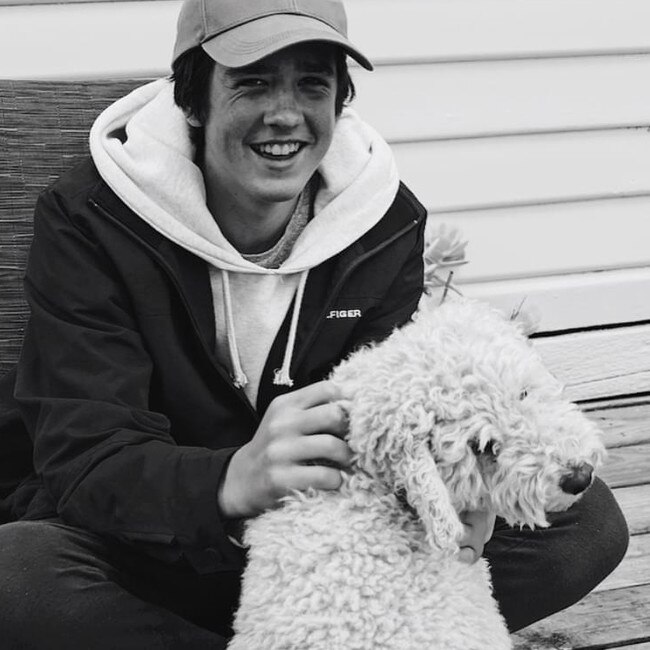
Ms Clingin said Bendigo Health left key details about the lead-up to her son’s death out of its internal review and root cause analysis report.
“They’ve left out all of those well articulated concerns about those final days of his life, they’ve completely left them out,” Ms Clingin said, adding Monte’s death was also being investigated by the Coroner.
“They’ve (Bendigo Health) been shocking in their response — cold and harsh and secretive.
Any documents that were released to us, they were compelled to release through Freedom of Information. They tried to stop us seeing Monte’s case notes too.”
Monte’s father, a Gisborne chiropractor, said his son had been raped on his first same sex date, and battled with his mental health and drug use since that time.
He was not the only young person who had fallen through the gaps in the state’s mental health system – which is why the family was pushing for urgent reform, Mr Croke said.
Monte was discharged after having been diagnosed with severe cannabis use disorder, he said.
“But he wasn’t put in touch with any alcohol and drug counsellors and we weren’t told about his situation either,” Mr Croke said.
“The psychiatrist said it was recommended that he have some support when he got out but
nothing happened for 10 days, and then he died.”
A spokesman for Bendigo Health said: “Any loss of life to suicide is a tragedy and Bendigo Health extends its deepest sympathies to the Croke family and all families affected by suicide.
“We’ve been working with Safer Care Victoria to ensure a thorough review has taken place and will await further information from the Coroner, who is investigating the case.”
Kayde’s story
In Ballarat this year, Kayde Cooper, 16, took his life, with his mother Emily Forbes saying the talented footballer and apprentice painter had been receiving mental health help in both his home town and Geelong but the system failed him.
“I feel as though they dismissed him. We tried to do what we could but we got nothing back,” Ms Forbes said. “They failed him.”
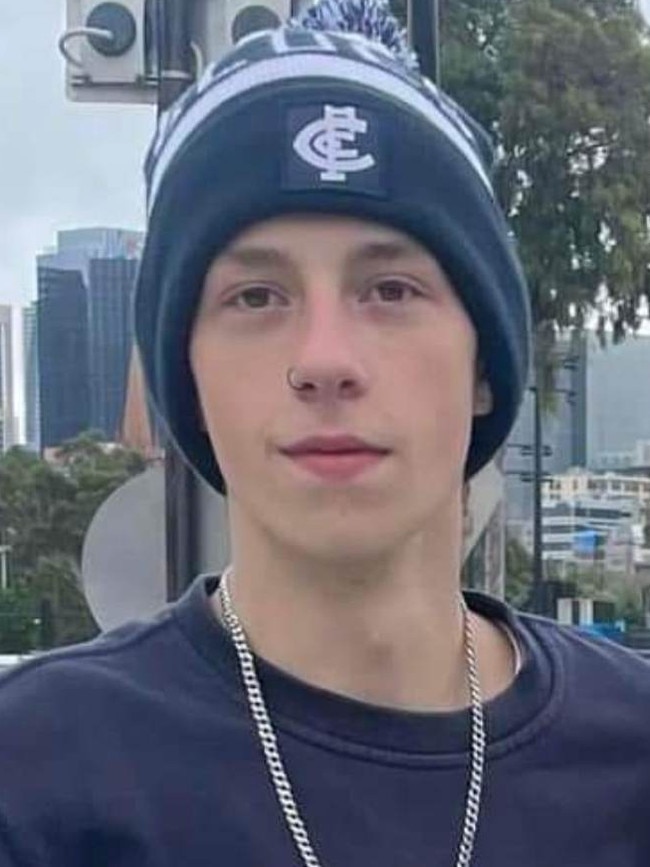
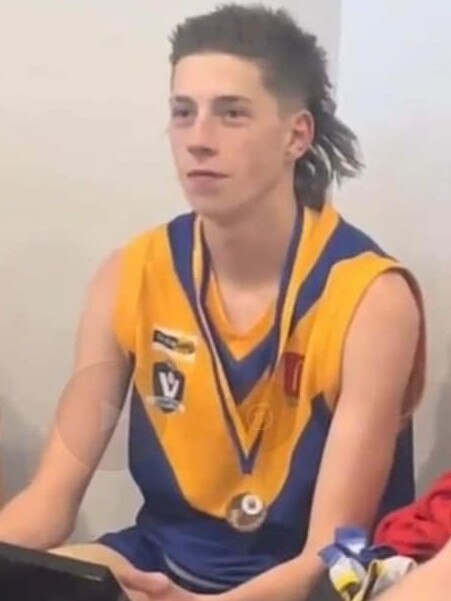
A suicidal teenager also took her own life near Ballarat Hospital in November last year, after leaving in the middle of the night.
Leading Australian psychiatrist Patrick McGorry told the Herald Sun the 17-year-old girl had “constantly presented with suicidal risk” to the hospital’s emergency department and mental health team” but it was “a revolving door”.
“They didn’t know what to do with her basically. Most recently, it was in the middle of the night … and she killed herself basically across the road from the hospital — she’s dead at 17,” he said.
Melissa’s story
Melbourne mother Melissa Arbuckle’s post-partum psychosis was diagnosed only after she had killed her baby – after she had laid her three-month-old daughter on tracks near Upwey, in the path of an oncoming train.
In what a magistrate later described as an “extraordinarily tragic” case, Melissa’s severe mental illness was diagnosed, and treated, too late to prevent the death of her baby.
Earlier this year, mental anguish claimed Melissa’s own life also.
While the tragedy of her little girl’s death on July 11, 2021, gripped the state, Melissa’s passing at the age of 33, went unreported.
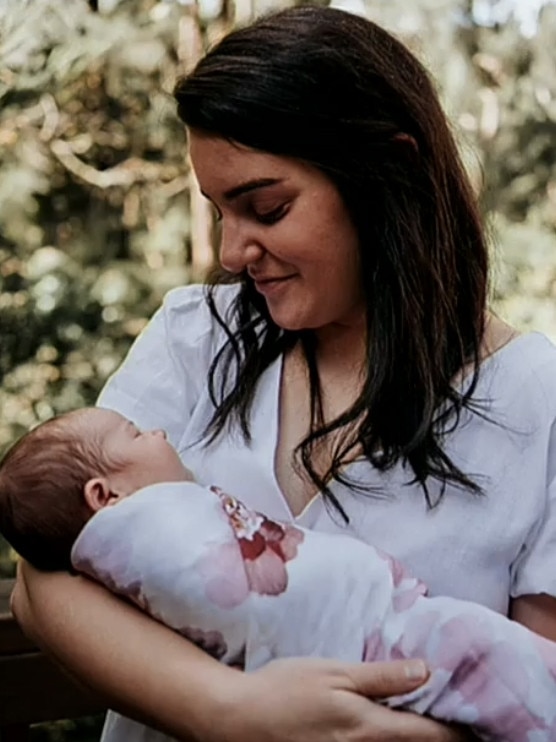
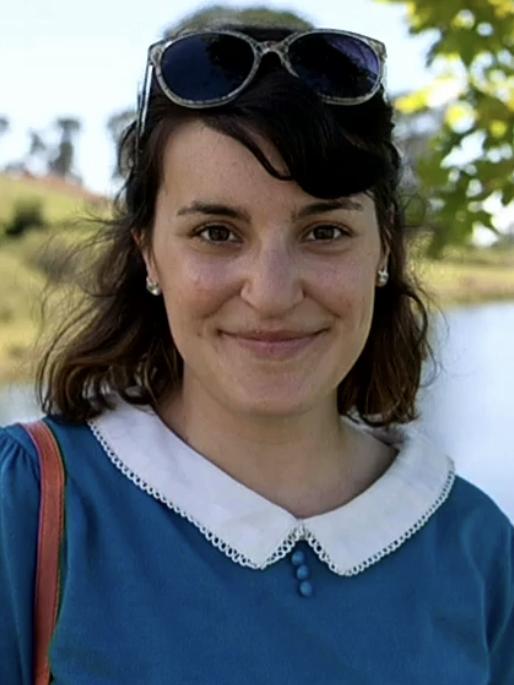
A death notice from the former vet and star student’s family said simply: “Melissa Louise Arbuckle (Germano) 19/06/1989 — 09/01/2023. Passed away suddenly, aged 33. Cherished mother of Lily (dec). Dearly loved daughter of Grace and stepfather Russell. Much loved sister and sister-in-law of Angelo and Katja, Kara and Peter … Daughter of Paolo (Paul) Germano … You lived your life the best you could. Forever resting peacefully.”
The bigger picture
Victoria recorded its highest annual suicide rate since records began, in the 2022-23 financial year.
There were 784 suicides, up 11 per cent from the 701 deaths recorded the previous year, according to the Victorian Coroner’s Court annual report published this month.
Suicides represented 10.5 per cent of deaths reported to the Coroner’s Court in 2022-23, with natural deaths and accidents comprising 40.4 per cent and 37.1 per cent of the court’s caseload respectively.
State Coroner John Cain has called the increase in suicides “troubling”.
Meanwhile, Suicide Prevention Australia’s (SPA) latest Community Tracker – which measures distress levels – revealed nearly half of Victorian adults reported elevated cost of living and personal debt distress beyond normal levels in the September 2023 quarter, a nine per cent increase on the same quarter last year.
“This is 50 per cent higher than the national increase,” a spokesperson said.
Suicidal behaviours were also significantly higher among Victorian adults experiencing cost-of-living distress than the general population, SPA noted.
About one in four Victorian adults reported elevated housing access and affordability distress beyond normal levels in the latest reporting period, up from one in six 12 months earlier.
SPA chief Nieves Murray the “unacceptably high suicide rates” demonstrated a need for urgent reform and investment.
“Any increase is unacceptable in contemporary Australia, and we need to remain focused on driving down suicide rates,” Ms Murray said.
“As the peak body, we are calling upon the Albanese federal government to provide an urgent funding boost to frontline services.”
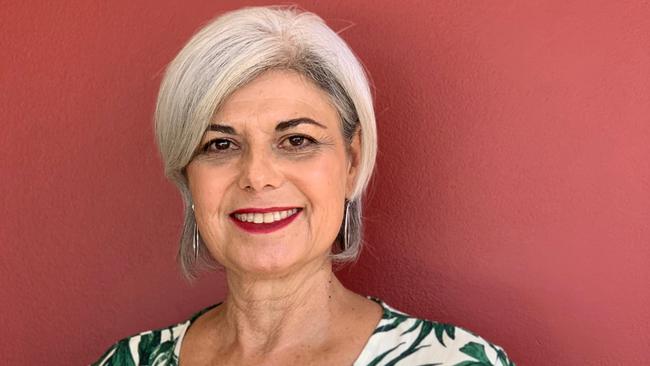
It comes as mental illness in children also rises.
Youth mental health agency headspace said support services were “under significant pressure”.
“The past few years have been challenging for many young people who, on top of the normal challenges associated with growing up, have also been impacted by Covid and subsequent
lockdowns, the cost-of-living crisis and climate events, including floods, drought and bushfires,” headspace chief Jason Trethowan said.
Attracting and retaining workers in the mental health sector was a challenge, especially in regional and rural areas of the state, he said.
“Put simply, more mental health professionals will mean more young people getting support sooner,” Mr Trethowan said.
In June this year the Victorian government said it was set to open a new, $7.3m, 12-bed around-the-clock, residential mental health centre for primary school aged children under 11, in Macleod.
And early last year then premier Daniel Andrews announced plans for health hubs – delivering mental health services – for children aged zero to 11, at a cost of $54m.
Announcing the infant and child hubs plan, former Education and Mental Health Minister James Merlino said the specialist centres would provide mental health early intervention and support for little kids, with the aim of identifying and treating childhood developmental, behavioural and emotional issues.
A range of specialist health services including paediatricians, psychologists, parenting support and speech pathologists would be offered, under one roof, he said.
Located in the southern Melbourne, Brimbank-Melton and Loddon regions, and planned to open in July 2022, the hubs would also provide free assessments for conditions linked to poor mental health, such as autism and ADHD, Mr Merlino promised.
The Herald Sun has requested details from the Victorian government about what stages these projects are at now, and what else is being done to address the state’s spiralling mental health crisis.




